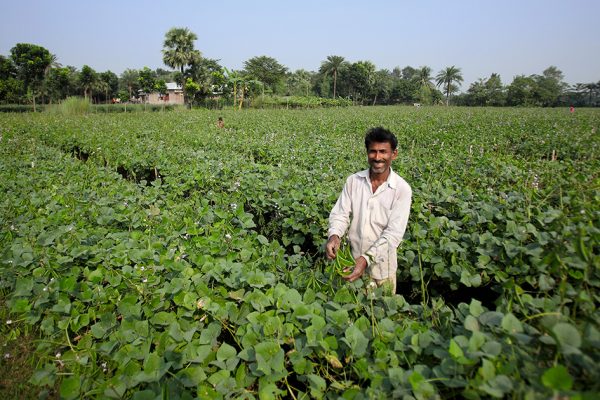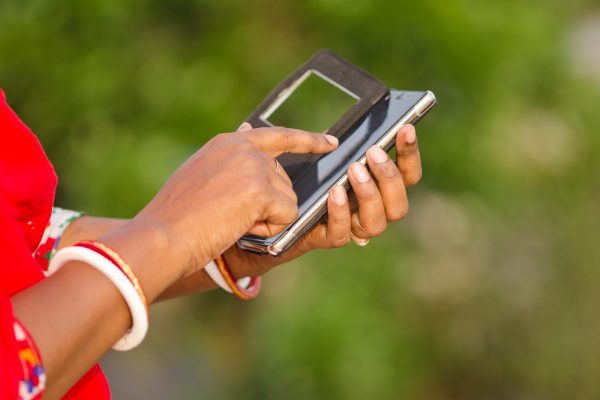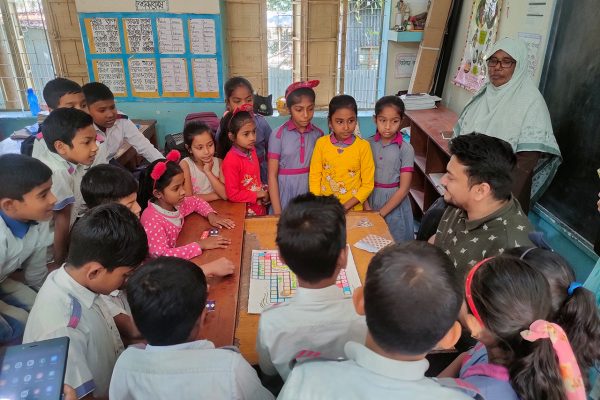Microfinance beyond credit: the human side of borrowing and lending
Reading Time: 3 minutes
The following article was written by Sofia Tillo for MediaGlobal. You can read the original article here. Microfinance is nothing new, having brought access to financial services for the world’s poorest people for the past two decades. Particularly common are initiatives giving small private loans to people in least developed countries.
The following article was written by Sofia Tillo for MediaGlobal. You can read the original article here.
Microfinance is nothing new, having brought access to financial services for the world’s poorest people for the past two decades. Particularly common are initiatives giving small private loans to people in least developed countries.
Often microfinance projects enable recipients to buy essential items to make a living, improving the livelihood and productivity for those who would otherwise not have been approved for credit. From tailors in Vietnam investing in a sewing machine, to farmers in Tanzania getting better quality seeds, microfinance initiatives are as diverse as the people that apply for its loans.
Despite its popularity, the concept is now turning an important corner with several microfinance organizations moving toward a more comprehensive and people-centric approach to lending and borrowing in the global south. The shift is long overdue. Since microfinance became a popular part of development programs in the 1990s, several specialists have repeatedly voiced concerns about its implementation.
“There is a growing fascination with the mechanics of microfinance, with the vehicle. There is less and less a concern with the passengers and their destination,” warned microfinance specialist Aminur Rahman, at the 2001 Wageningen conference on Livelihoods, Savings and Debt.
MediaGlobal interviewed Sir Fazle Hassan Abed, founder and chairperson of BRAC and recently appointed as a specialist in the eminent person’s group preparing the UN LDC Conference:
“We think that microfinance works with most poor people but there are extremely poor people for whom microfinance is not enough. So you need to graduate them into microfinance, provide help in terms of grants and social protection, send their children to school, provide health care, and then some of them, or actually most of them (if you help them), graduate out into a position where they can borrow money, pay it back, get into enterprise.”
To this effect, BRAC has created a special working category of “ultra poor” families whose basic needs are supported with a view to eventually offering them microcredit and the skills to become financially secure and independent. Ideas of self-sufficiency, and dignity are at the core of this humanistic approach to microfinance and economic development.
“As far as I am concerned I look at the whole development issue from the point of view of poor people and their perspectives and how we can focus our attention on their concerns is what development is all about” Abed told MediaGlobal.
Aside from its role in poverty alleviation, microfinance has repeatedly been credited with the potential to empower people, particularly women, by improving their economic and social status. Despite the resources put into microfinance, studies have shown that projects have often failed to socially empower women, both within the family and in the public sphere.
Such cases highlight the difference between the broader concept of microfinance and that of microcredit. While the latter provides loans, responsible and comprehensive microfinance initiatives complement financial services with education campaigns, entrepreneurial training, and building of community organizations.
At BRAC, Abed remains concerned that without a comprehensive and socially responsible approach, the potential of microfinance will remain unfulfilled, “I think that the first thing about poverty is powerlessness and unless we empower people through conscencialization, education, and building an enabling environment, then poverty alleviation doesn’t happen, development doesn’t happen, human rights are not protected.”
The World Bank policy on microfinance states that, “There is mounting evidence to show that the availability of financial services for poor households – microfinance – can help achieve the Millenium Development Goals.” Yet without the appropriate support and preparation it seems unlikely that recipients will be able to put loans to sustainable entrepreneurial use, let alone achieve ambitious development goals.





